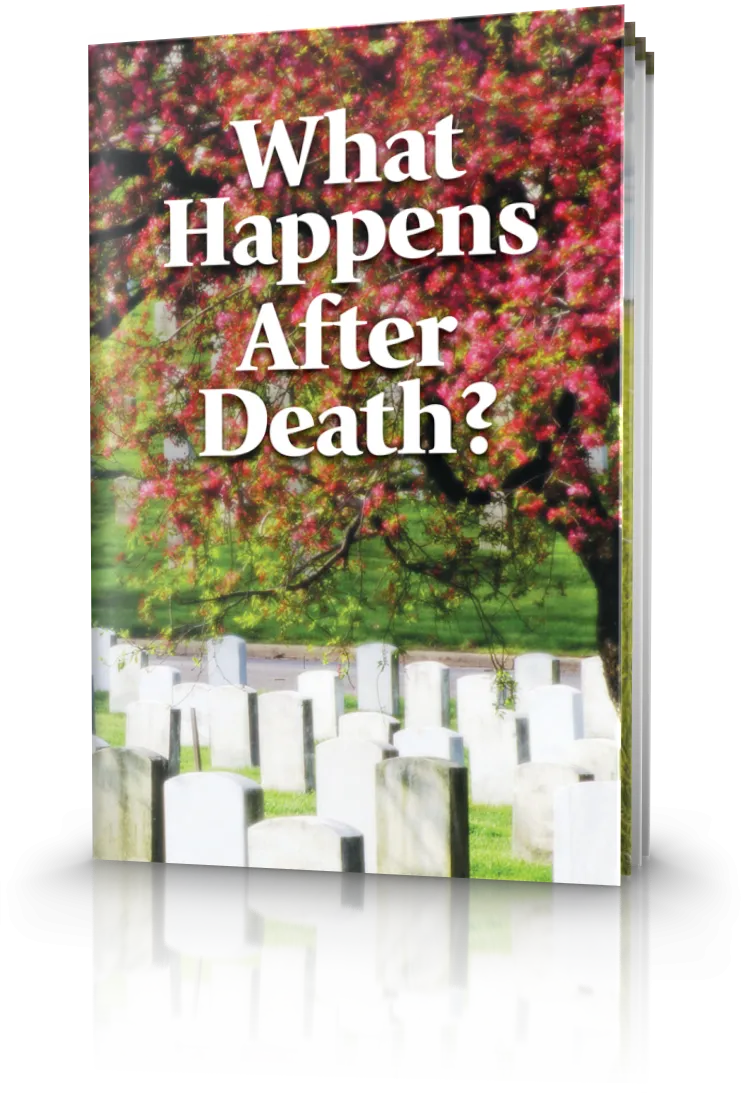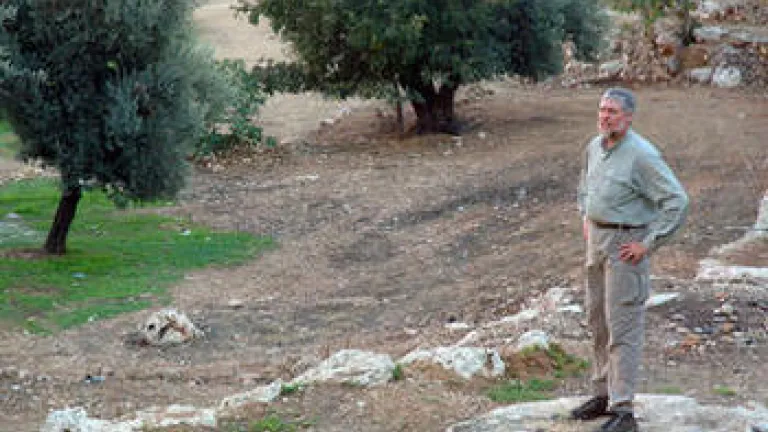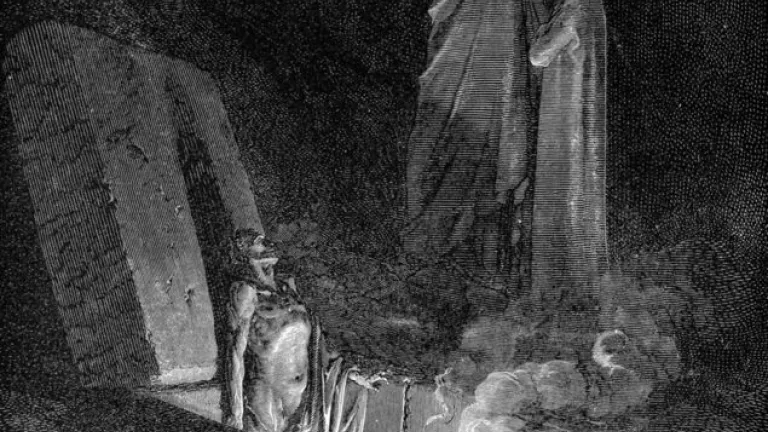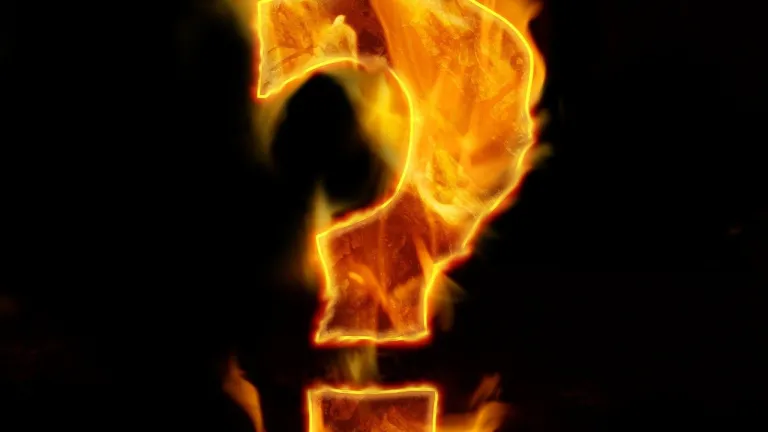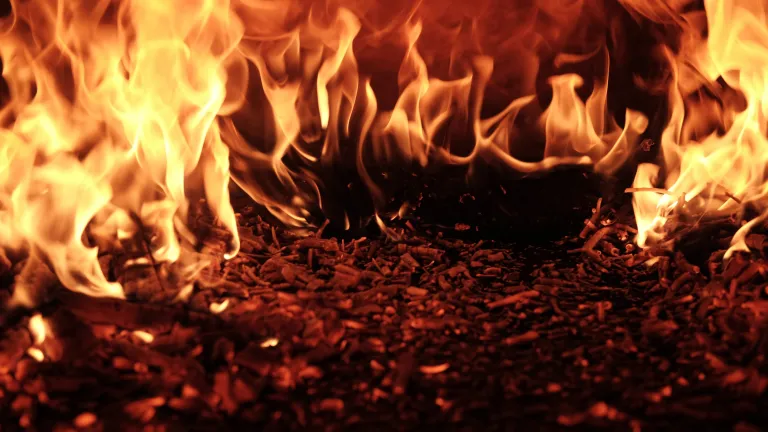The Biblical View of 'Hell'
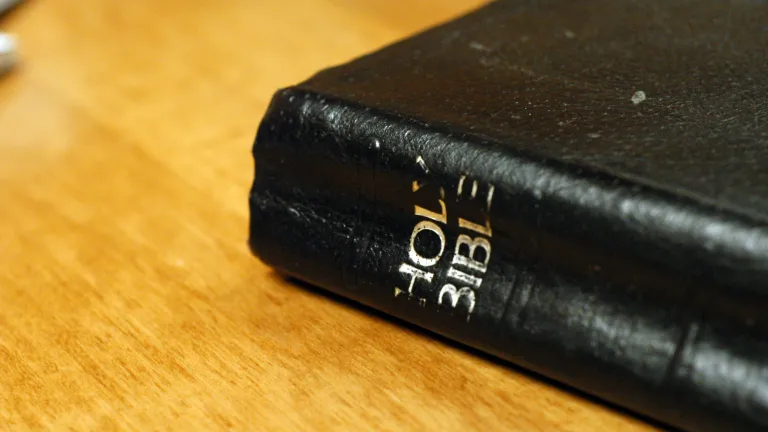
Is eternity in an ever-burning inferno the fate of the wicked? Many assume that it is, but is that what the Bible says?
The end of this chapter delves into the matter of what will happen to the incorrigibly wicked—those who ultimately refuse to repent of their sins. Many assume that their fate is eternity in an ever-burning inferno in a dark underworld called hell, but is that really what the Bible says?
To answer that question, we need to understand the Hebrew and Greek words translated "hell" in most versions of the Bible. As we will see, the biblical view of hell is not one of unending torment.
Two words translated "hell" refer to the grave
Sheol is the Hebrew word translated "hell" throughout the Old Testament. It refers to "the state and abode of the dead; hence the grave in which the body rests" (William Wilson, Wilson's Old Testament Word Studies, "Hell," p. 215). The Expository Dictionary of Bible Words explains, "Thus there are no references to eternal destiny but simply to the grave as the resting place of the bodies of all people" (Lawrence Richards, 1985, p. 336).
Reflecting its true meaning, many modern Bible versions translate this word as simply "the grave" or leave it untranslated as Sheol.
An examination of all the words translated "hell" and of related concepts in Scripture shows that the traditional view of an ever-burning place of torment where the wicked are punished for eternity cannot be found in the Bible.
Among those who knew that they themselves were going to sheol were such men of faith as Jacob (Genesis 37:35), Job (Job 14:13), David (Psalm 88:3) and Hezekiah (Isaiah 38:10). These followers of God would not have been going to an ever-burning inferno. Clearly, then, sheol must mean simply the grave, not a place of eternal torment.
The counterpart of sheol in the Greek language is hades, which also refers to the grave. Despite the use of the term Hades in Greek mythology to refer to a subterranean realm of shadowy consciousness after death, this is not the biblical usage. In the four New Testament verses that quote Old Testament passages containing sheol, hades is used for sheol (Matthew 11:23; Luke 10:15; Acts 2:27-31). As with sheol, hades is rendered as "the grave" or "death" or left untranslated as Hades in recent Bible versions.
As with sheol, the word hades likewise does not refer to a place of fiery torment. Indeed, the apostle Peter refers to Christ Himself as having been in "Hades" (Acts 2:27-31) or "hell" (King James Version), referring to the time He was entombed before His resurrection. Again, both words simply refer to the grave. And in the grave, there is no consciousness at all (Ecclesiastes 9:5-10; Psalm 6:5; Psalm 146:4, KJV).
One word refers to the imprisonment of demons
A second Greek word, tartaroo, is also translated "hell" in the New Testament. This word is used only once in the Bible (2 Peter 2:4), where it refers to the present restraint or imprisonment of the fallen angels, or demons.
The Expository Dictionary of Bible Words explains that tartaroo means "to confine in Tartaros" and that "Tartaros was the Greek name for the mythological abyss in which rebellious gods were confined" (Lawrence Richards, 1985, "Heaven and Hell"). Peter used this reference to contemporary mythology to show that the sinning angels were "delivered...into chains of darkness, to be reserved for judgment." These fallen angels are now restrained while awaiting their ultimate judgment for their rebellion against God and destructive influence on humanity. The place where they are restrained is the earth, where they wield influence over the nations, not some dark netherworld.
Furthermore, tartaroo applies only to demons. Nowhere does it refer to a fiery hell in which people are punished after death.
A word does refer to burning—burning up, that is
It is only with the remaining word translated "hell"—the Greek word gehenna—that we see some elements people commonly associate with the traditional view of hell. However, this word also has significant differences from the popular conception.
Gehenna "is derived from the Hebr[ew] expression, ga-Hinnom, Valley of Hinnom . . . Religiously it was a place of idolatrous and human sacrifices . . . In order to put an end to these abominations, [Judah's King] Josiah polluted it with human bones and other corruptions (2 Kings 23:10-14)" (Spiros Zodhiates, The Complete Word Study Dictionary: New Testament, 1992, p. 360).
Thanks in large part to its evil reputation, this valley bordering Jerusalem on the south came to be used as the city garbage dump. Trash was burned there, along with the bodies of dead animals and criminals. Fires day and night consumed the refuse.
Gehenna is used 12 times in the Bible, with 11 of those recording Christ's words. When Jesus spoke of gehenna, His listeners knew that this "hell" was a consuming fire in which garbage and the bodies of the wicked were destroyed. He bluntly warned that this destroying fire would be the fate of the incorrigibly wicked (Matthew 5:22-30; Matthew 23:15-33; Luke 12:5).
But when would this take place? The book of Malachi reveals that the future age to come is when the unrepentant wicked will be incinerated in an all-consuming inferno and turned to ashes on the earth (Malachi 4:1-3).
The book of Revelation calls this inferno "the lake of fire"—with those cast into it at the end experiencing "the second death," a death from which there will be no resurrection (Revelation 19:20; Revelation 20:10-15; Revelation 21:8).
In the time frame revealed in the Bible, this follows 1,000 years of Christ's reign on the earth (Revelation 20:1-6) and a resurrection to physical life of all those who have never known God and His ways (Revelation 20:5; Revelation 20:11-13). Those resurrected at that time will have the opportunity to learn God's ways, repent and receive His gift of eternal life. Some, however, will refuse that gift. The Bible records their tragic epitaph: "And anyone not found written in the Book of Life was cast into the lake of fire" (Revelation 20:15).
Those who with full understanding willfully choose to reject God's way won't be allowed to continue living in the misery their choice will bring. They will die and cease to exist, not suffer forever.
We see, then, that an examination of all the words translated "hell" and of related concepts in Scripture shows that the traditional view of an ever-burning place of torment where the wicked are punished for eternity cannot be found in the Bible.
